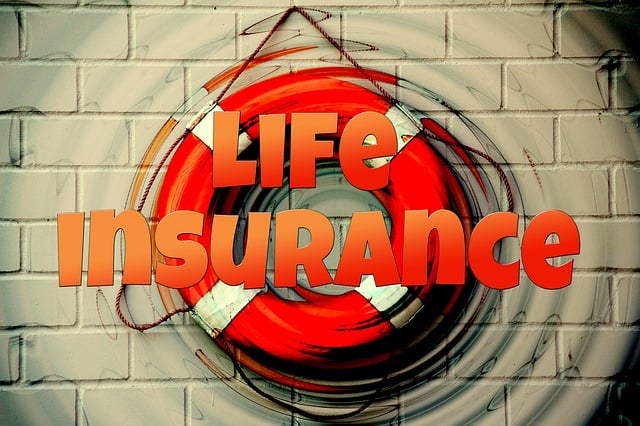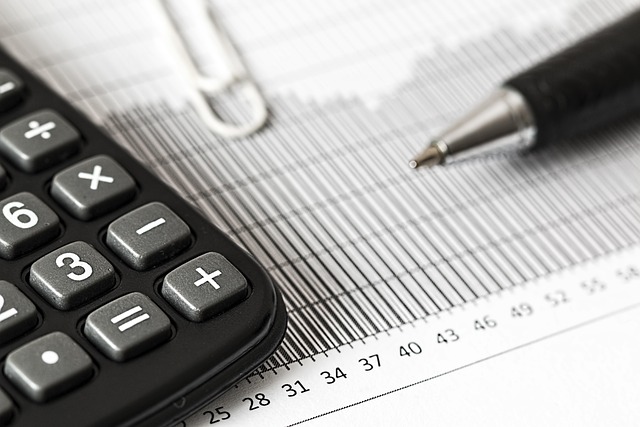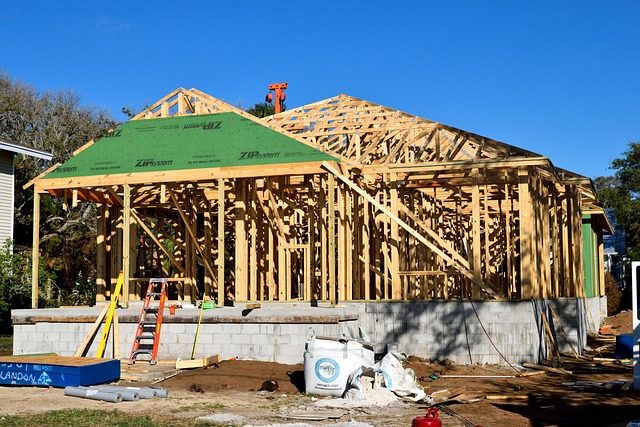Commercial insurance is a vital safety measure for small businesses, offering comprehensive coverage against property damage, liability claims, and business operation interruptions. By understanding key components like property, liability, and interruption insurance, business owners can manage risks and focus on growth. Assessing risks through internal and external factors helps tailor policies to mitigate specific hazards. Choosing the right policy based on industry-specific needs and balancing cost with potential impact ensures adequate protection. Commercial insurance provides peace of mind, fostering trust among customers and partners. Navigating claims involves prompt notification, documenting evidence, and regularly reviewing the policy.
Small businesses are vulnerable to a wide range of risks, from property damage to liability claims. Understanding commercial insurance is crucial for safeguarding your investment and ensuring continuity. This comprehensive guide explores essential aspects of commercial insurance tailored for small business owners. We break down types of coverage, risk assessment strategies, policy selection factors, benefits, and navigating claims processes. By the end, you’ll be equipped with knowledge to make informed decisions about protecting your business.
Understanding Commercial Insurance: A Small Business Perspective

Commercial insurance is a safety net that protects small businesses from financial losses due to unforeseen events. It’s not just about mitigating risk; it’s about ensuring stability and continuity, allowing business owners to focus on growth rather than unexpected crises. At its core, commercial insurance covers various risks, including property damage, liability claims, and interruption to business operations.
From a small business perspective, understanding these coverage areas is key. Property insurance safeguards buildings, equipment, and inventory from perils like fire, theft, or vandalism. Liability insurance shields against lawsuits arising from accidents or injuries on business premises. Business interruption insurance, meanwhile, steps in when operations are halted due to covered events, helping cover expenses during recovery. By familiarizing themselves with these aspects of commercial insurance, small business owners can make informed decisions and safeguard their investments.
Types of Coverage: What Your Business Needs to Protect

Small businesses operate in a complex and ever-changing environment, which is why having the right commercial insurance is crucial for their protection and survival. The various types of coverage available cater to different aspects of your business operations, offering peace of mind and financial safeguard against potential risks and liabilities.
Key areas to consider include property insurance, which protects your physical assets like buildings, equipment, and inventory from damage or theft; liability coverage that shields you from claims related to bodily injury, property damage, or personal and advertising injuries sustained by customers or employees on your premises; and business interruption insurance designed to compensate for lost revenue during periods when your operations are suspended due to insured events. Additionally, professional liability insurance is essential for businesses offering services, protecting against lawsuits arising from negligence or errors in service delivery.
Assessing Risks: Identifying Potential Threats and Their Impact

Assessing risks is a fundamental step in understanding what potential threats could impact your small business and how to mitigate them. This process involves identifying internal and external factors that could disrupt operations, cause damage, or result in financial loss. Commercial insurance plays a critical role here by helping businesses anticipate and prepare for these risks.
By evaluating everyday activities, workplace environment, industry trends, and historical data, business owners can identify specific hazards. For example, a retail store might assess the risk of robbery or shoplifting, while a restaurant could focus on food safety and kitchen accidents. Once these threats are identified, commercial insurance policies can be tailored to cover them, providing financial protection should such events occur.
Choosing the Right Policy: Factors to Consider for Your Industry

Choosing the right commercial insurance policy is a crucial step for small businesses, as it protects against potential risks and financial losses. When selecting coverage, consider factors specific to your industry. For instance, a restaurant would require liability coverage for food poisoning incidents, while a construction company needs worker’s compensation and coverage for accidental property damage.
Understanding the risks unique to your business is key. Reviewing past claims, assessing the nature of your operations, and considering potential hazards can guide your decision-making process. It’s essential to balance the cost of insurance with the potential financial impact of not having adequate protection, ensuring you’re prepared for any unforeseen circumstances.
The Benefits of Commercial Insurance for Small Businesses

For small businesses, commercial insurance is more than just a legal requirement; it’s a safety net that safeguards against unpredictable events and financial losses. This type of insurance offers comprehensive protection, covering property damage, liability claims, and even business interruption due to unforeseen circumstances. By having commercial insurance, small business owners can rest assured knowing they’re prepared for potential risks, allowing them to focus on growth and success without the constant worry of financial exposure.
Commercial insurance provides a competitive edge by offering peace of mind. It helps businesses navigate through legal battles and financial crises with confidence, ensuring they can recover quickly from accidents, thefts, or lawsuits. Moreover, it demonstrates to customers and partners that the business is responsible and committed to risk management, fostering trust and potentially attracting more clients. In today’s competitive market, commercial insurance isn’t just a necessity; it’s an investment in the long-term viability and stability of any small enterprise.
Navigating Claims: What to Expect and How to Prepare

Navigating claims is a crucial aspect of managing your small business and understanding your commercial insurance policy. When filing a claim, be prepared for a process that may involve several steps. Typically, you’ll need to notify your insurance provider as soon as possible after an incident occurs, providing them with detailed information about the damage or loss. This includes documenting evidence, such as photographs or reports from authorities or professionals.
To ensure a smooth claims process, keep records of all interactions and documentation. Regularly review your commercial insurance policy to understand what’s covered and any specific requirements for filing a claim. Being proactive and well-prepared can significantly reduce the stress associated with unexpected events, allowing you to focus on your business’s recovery and continuation.
